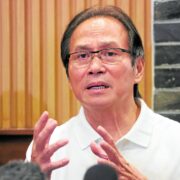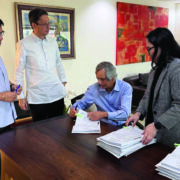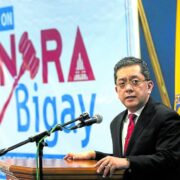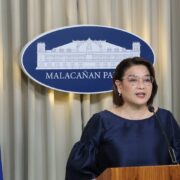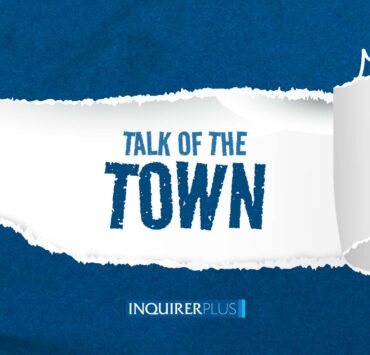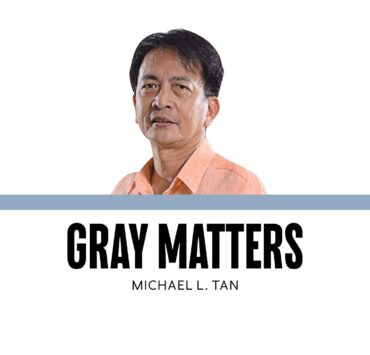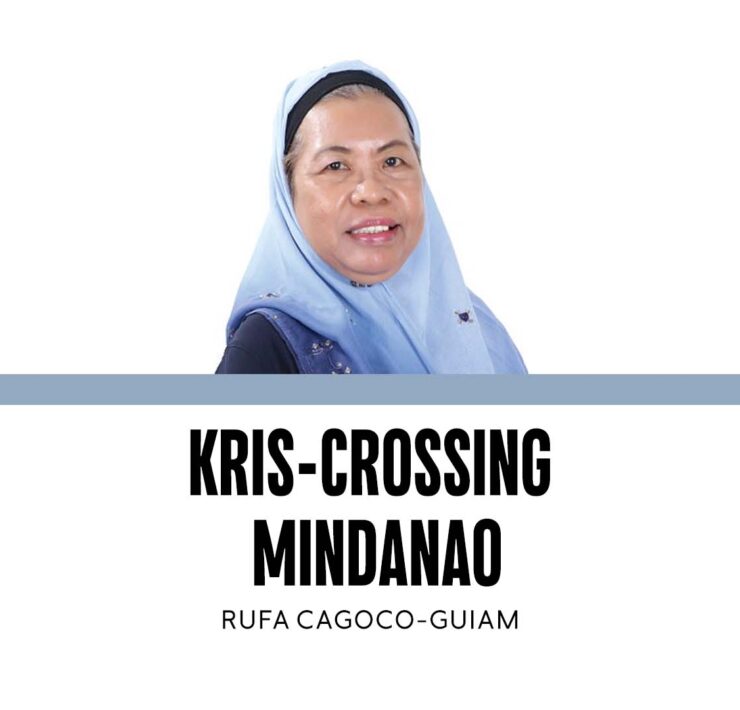‘Power … is like a violin’
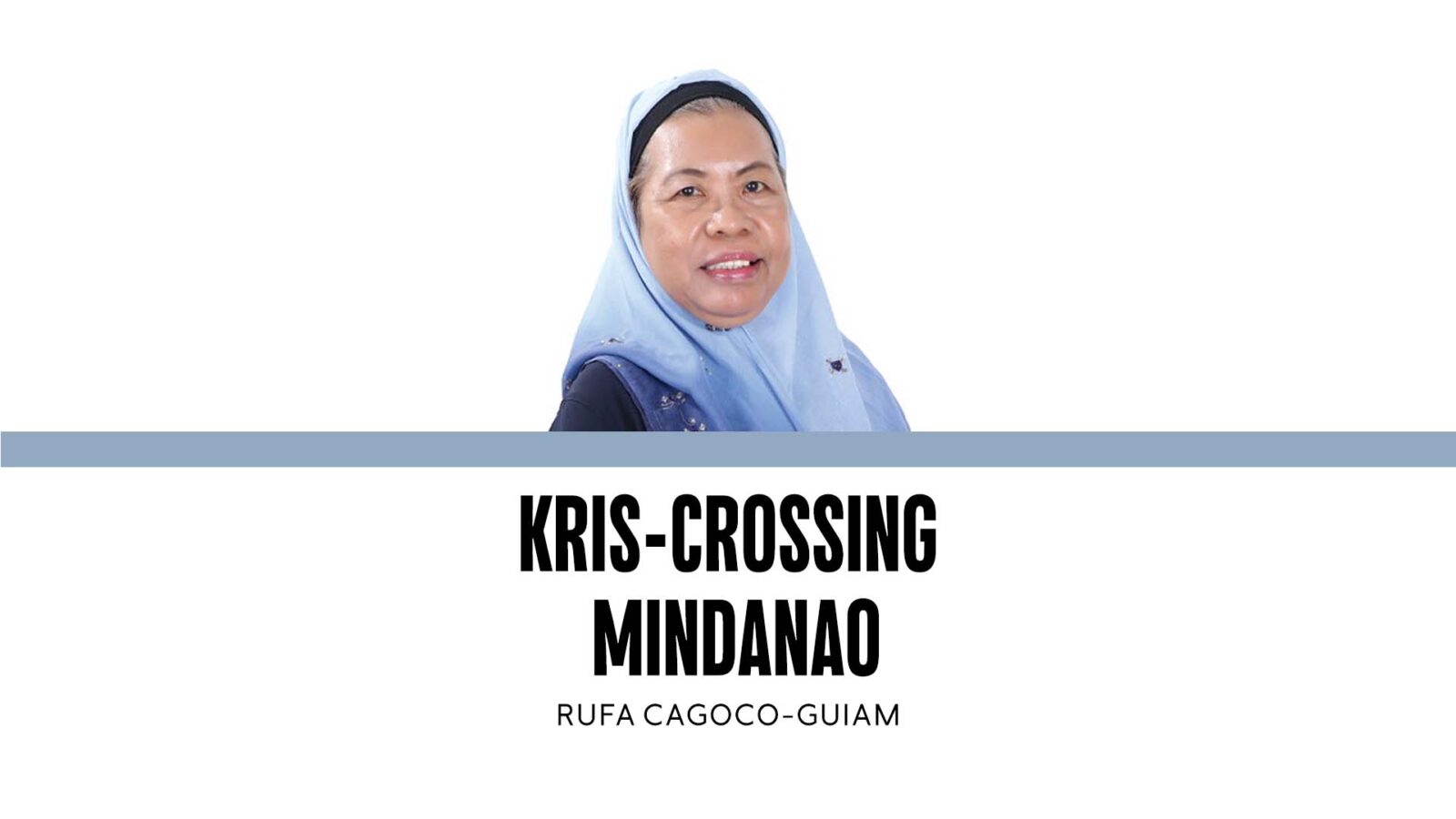
So goes the first few words of a popular Argentinian “joke” that alludes to the tendency of populist and progressive political leaders to later veer toward extreme-right political strategies. Uruguayan author Eduardo Galeano once wrote a piece that included this “joke” that dates back to the 1970s, which reads in full as: “Power, they say, is like a violin. It is held by the left hand and played by the right.”
Aman Sethi, editor in chief of Open Democracy, an online platform that critiques various political leaders in many parts of the world, recounted this quote from Galeano to highlight the rise of rightist regimes in many countries in Latin America, like Venezuela, El Salvador, Ecuador, and Chile, among others. Sethi cited how Ecuadorian President Daniel Noboa’s far-right government “has unleashed a reign of repression, in part to push through legal changes to allow the United States military bases on Ecuadorian soil.” In Chile, a “resurgent right wing is seeking to grasp power in the upcoming elections, while there are reports about a possible regime change in Venezuela, where the United States government of Donald Trump has been sending American troops to the region, alongside drones, bombers, and half a dozen warships.” These military interventions are designed to influence the upcoming elections there to ensure a right-wing leader will come out victorious in the country’s forthcoming elections.
I write on this quoted Argentinian “joke” because it resonates with one of our leaders who started his presidential reign as a populist or seemingly left-leaning politician. He started with campaigns articulating the need to uplift the lives of the poor and make this country “more peaceful” and “great again.”
Former President Rodrigo Duterte is the quintessential example of how a perceived-to-be “left-leaning” or progressive and populist politician has transformed into a rightist and autocratic leader. But more significantly, he is the main architect of a deadly ”war on drugs” that snuffed the lives of more than 20,000 people, including the elderly, women, and children. Such a blood-soaked “war” was justified as a way of cleansing the country of illegal drugs and protecting the lives of Filipinos, while killing some of them.
And this is precisely why he is now detained at the International Criminal Court in The Hague for alleged crimes against humanity–all from his deadly war on drugs.
When Duterte started his presidential regime, he appointed some left-leaning personalities as members of his Cabinet. Two of them were considered die-hard activists. Judy Taguiwalo, a prominent woman leader from Gabriela, a known left-oriented women’s rights advocacy group, was appointed secretary of the Department of Social Welfare and Development. The second was Rafael Mariano, a famous leftist farmer leader, who once chaired the Kilusang Magbubukid ng Pilipinas, known to have risen from the ranks of leftist activist groups, including the Bagong Alyansang Makabayan. Leftist groups enjoyed a “honeymoon” stage early in Duterte’s presidency.
Such moves demonstrated that Duterte was not only friendly with left-leaning groups. Many people thought he was also progressive. Some were even enamored of his rough, street-type, and rather vulgar way of speaking, which many impoverished communities identified with.
But it was only a facade to earn not only the acceptance of those who had worked hard to create a national political agenda that would translate into a better life for the masses of workers, farmers, and other marginalized groups. It was the start of Duterte’s use of his political violin—holding it with his left hand, engaging left-leaning leaders to establish a fake empathy for them.
Soon, the honeymoon with left-leaning leaders ended, unraveling Duterte’s true political agenda. He started playing his political violin using his rightist, even autocratic tendencies. He soon launched an all-out, deadly war on drugs and allegedly issued a “license” to his police forces to kill suspected drug pushers or dealers. He referred to the members of the Philippine National Police as if they were his own, as though he were paying for their salaries.
He became allergic to various criticisms of his policies, especially of his war on drugs, and became punitive with those who publicly critiqued him. He sent former Sen. Leila de Lima to jail without being tried on trumped-up charges. This was because De Lima launched a series of investigations in the Senate about his deadly war on drugs. He also harassed journalist Maria Ressa through seemingly interminable court cases regarding the ownership of her media group. Later, Ressa became a Nobel Peace Prize awardee in recognition of her for standing up to a dictatorial president.
(To be continued.)
—————-
Comments to rcguiam@gmail.com




